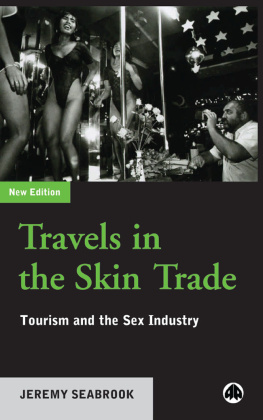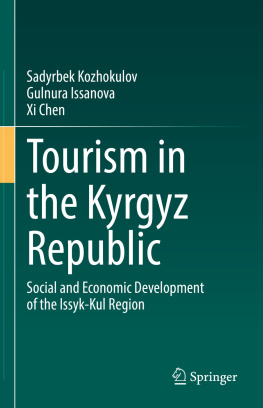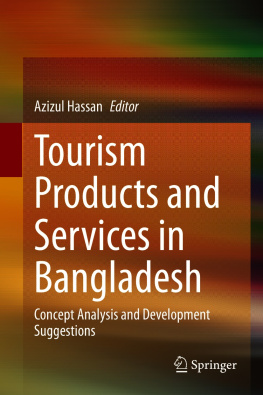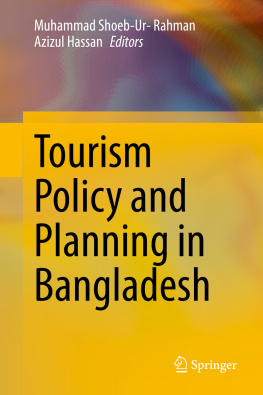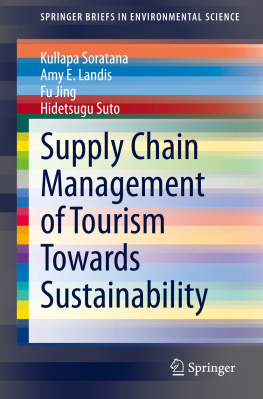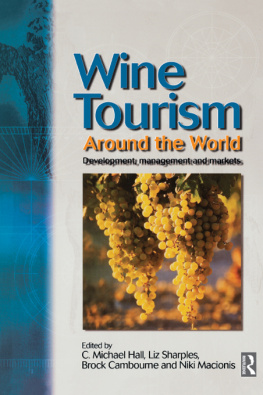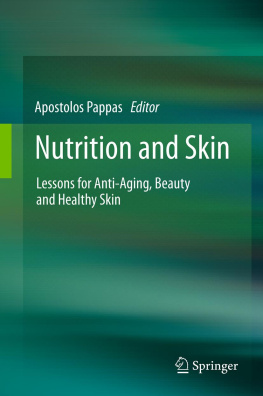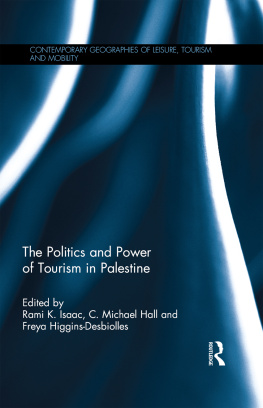First published 1996 by Pluto Press
345 Archway Road, London N6 5AA
Second Edition 2001
www.plutobooks.com
Copyright Jeremy Seabrook 1996, 2001
The right of Jeremy Seabrook to be identified as the author of this work has been asserted by him in accordance with the Copyright, Designs and Patents Act 1988.
British Library Cataloguing in Publication Data A catalogue record for this book is available from the British Library
ISBN 978 0 7453 1757 1 hbk
ISBN 978 0 7453 1756 4 pbk
ISBN 978 1 7837 1606 7 ePub
ISBN 978 1 7837 1607 4 Mobi
Library of Congress Cataloging in Publication Data
Seabrook, Jeremy, 1939
Travels in the skin trade : tourism and the sex industry/
Jeremy Seabrook
p. cm.
ISBN 978-0-7453-1756-4 (pbk)
1. Sex oriented businessesThailandBangkok.
2. Sex tourismThailandBangkok. I. Title.
HQ242.55.B3S43 2001
306.7409593dc20 9634398
CIP
10 09 08 07 06 05 04 03 02 01
10 9 8 7 6 5 4 3 2 1
Designed, typeset and produced for Pluto Press by Chase Publishing Services, Fortescue, Sidmouth, EX10 9QG
Printed on demand in the European Union by CPI Antony Rowe, Eastbourne, UK
Foreword
by
SIRIPORN SKROBANEK
Foundation for Women, Bangkok
Women in the sex industry in Thailand have been for a long time the object of international investigation, both by Western scholars and media people. Through their studies and reports, women in Thailand are viewed as the other women, whose status is perceived as lower than that of women in the West. Moral judgements, paternalistic attitudes towards Thai society in general, and Thai women in particular, are commonplace when one reads publications on this subject. Certainly there are elements in Thai society which contribute to the growth of commercialisation of human relationships, both in the family and community, and to the commodification of womens body and soul. But since there are two sides in a commercial transaction between foreign visitors and Thai women, why is only one party to the deal (Thai women and their society) the target of investigation, while the other party (the sex tourists) goes unexamined? It is more difficult to look into ones own heart than to impose ones own moral judgement on the people and culture of others.
Jeremy Seabrook is among the few who have accepted this challenge, and has painstakingly searched the soul of his fellow men, their motives and expectations in coming to the land of smiles. We learn from his research that they are not a homogeneous group, and from their own words, one can see a range of characters, from a heartbreaking man who needs to be pampered to a white master who wants to conquer.
The book is, therefore, not only about a sex industry in Thailand, but also a reflection of a human tragedy. Thailand is like a stage, where men from around the world come to perform their role of male supremacy over Thai women, and their white supremacy over Thai people. Through their own words, we see they do not want to learn about the people and culture, they just want to exploit the natural beauty and the female body.
The women in this book are not naive innocents, but human beings, capable of taking control of their life. They know how to play in this power game, where men want to dominate and are ready to place blame on anyone but themselves when things go wrong, or when anyone challenges their supremacy. As a Thai woman, it was painful to read between the lines, seeing the transactions in this virtual love, which ends so often in contempt and violence by the foreign men against Thai women. Many such relationships are nothing but a social pathology which they do not perceive. They tend to continue to divide women between the two cultures as the one who taught me to hate and the other who taught me to cry.
Among all the exploitation and misunderstanding, however, Seabrook also shows us some more tender relationships between men and Thai women. Nevertheless, the question still arises: to what extent can such a relationship survive, based as it is on the mans naivete and the womans survival strategy?
Another problem with prostitution in Thailand is that Western men need more than sexual services from Thai sex workers. They look for loving care, sincerity and honesty, which are not part of this power game and which they certainly do not expect in their home countries. The blame is again placed on the Thai women, who dare to make them realise the reality of the prostitution business.
Unlike other literature on this subject, Seabrooks work also voices the concerns and actions of various organisations and individuals working to ameliorate the problem of sex tourism, as well as to help women and children involved in the sex industry. From their own accounts, one can see that many Thai activists, female and male, have, in their various ways, the dream of a struggle to stop sexual exploitation of children and women in Thailand.
They link the sexual exploitation to the unjust and unequal structural relationships between rich and poor, man and woman, and between countries. They are also in search of a new development paradigm, as they realise that the existing one has devoured human relationships and spiritual dignity, and is making us all slaves of modern consumerism.
Seabrook has contributed to the study of the sex industry in Thailand. He has completed the jigsaw which allows us to see a fuller picture, not only of the sex industry of Thailand, but also of the increasingly instrumental nature of relationships between people in the West. The solution to international sexual exploitation lies, not only in changing the commercialised pattern of relationships in Thailand, but also those between the people of the West itself; for the sake of liberation, both for the exploited of Thailand, and for the whole of humanity.
Bangkok, July 1996
PREFACE
This book is about the sex industry in Bangkok, the men who go there, the young women (and young men and children) who service them, the growing market for sexual partners, and the people who are both resisting the sex trade and working to empower those within it. But it is also about human rights some of them scarcely contentious, such as the rights of women and children not to be trafficked as commodities and not to be compelled or duped into prostitution, the right not to be abused or brutalised by the military or the forces of law and order.
It also raises the question of other rights which are more disputed, such as, for instance, the rights of rich males to get on an aircraft and travel across the world in order to exercise the power of their money over others. These infringements of the rights of others may be less obvious than the more overt brutalities of repression by governments, but they can be equally damaging to those on the receiving end of the actions of the powerful and to those who must live or die with the consequences.
Last but not least, the question of economic rights is addressed the right to livelihood, the right to secure employment, the right not to depend upon prostitution as the only form of labour open to women. For all the civil and political rights which the West quite properly defends rest upon a more fundamental right, the right to life itself; without the right to grow peacefully, free from want and destitution which lead to malnutrition, avoidable illness and premature death, all other rights are cancelled.

